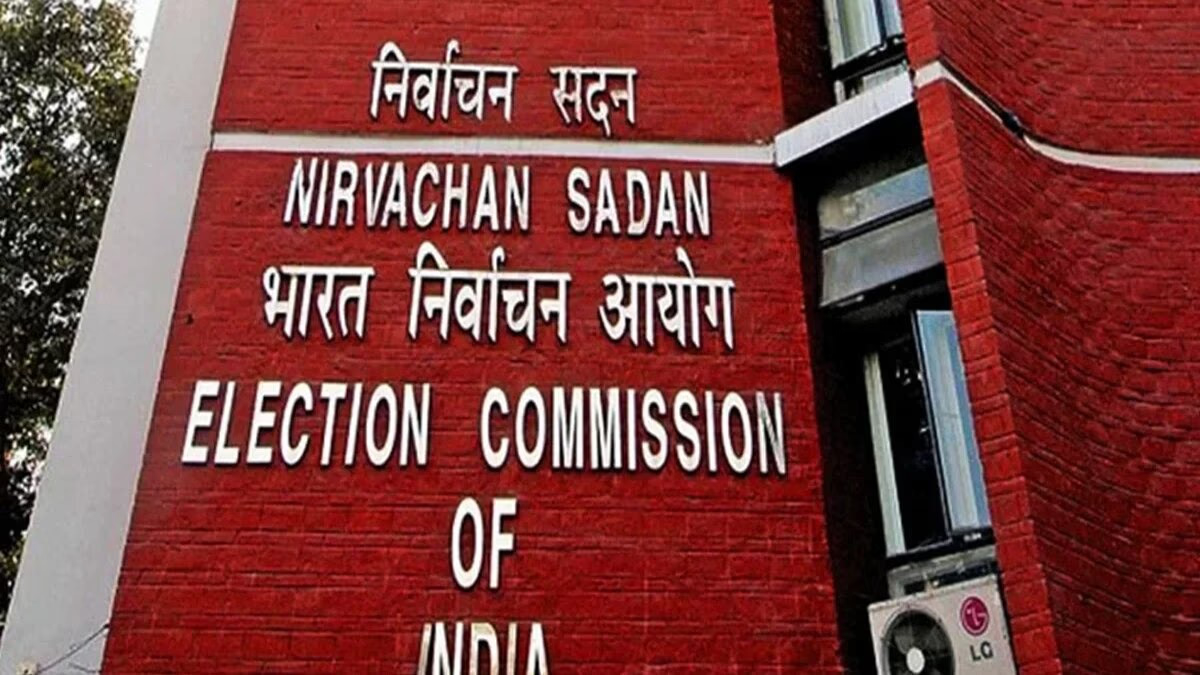The Modi Government is set to introduce substantial amendments to the Waqf Act. Sources indicate that the cabinet has approved around 40 amendments to the Waqf Act. According to the information, the central government aims to restrain the powers of the Waqf board to declare any property as 'waqf property.'
According to the 40 proposed amendments, claims made by Waqf boards concerning properties will mandatorily be verified. Mandatory verification has also been proposed for disputed properties of the Waqf board. Sources have revealed that a bill for amending the Waqf Act might be presented in Parliament next week.
Sources suggest that the government might present the Waqf Act Amendment Bill in Parliament on August 5. This date holds special significance for the Modi government. On August 5, 2019, the bill to revoke Article 370 from Jammu and Kashmir was introduced in Parliament. Following this, on August 5, 2020, PM Modi performed the Bhoomi Poojan for the construction of the Ram Temple in Ayodhya.
Waqf Boards Manage 870,000 Properties
According to government sources, Waqf boards hold approximately 870,000 properties, equating to around 940,000 acres of land. In 2013, the UPA government led by Congress brought amendments to the basic Waqf Act, granting more rights to Waqf boards.
The Central Government Has Taken Notice Before
Previously, the central government had taken notice of the broad powers given to Waqf boards to claim any property and the delay in the survey of such properties in most states. The government had considered involving district magistrates in the monitoring of Waqf properties to prevent property misuse. Any appeal against a Waqf board decision can only be made in court, but there is no time frame for these appeals. The court's decision is final. Furthermore, apart from PILs in the High Court, there is no provision for appeal.
What Does Waqf Mean?
Waqf originates from the Arabic word 'Wakuf,' meaning to pause or stop. Waqf refers to the dedication of property for public welfare. In Islam, it is a kind of charitable endowment. Waqf encompasses both movable and immovable assets dedicated by followers of Islam. This wealth is managed under the Waqf Board.
Who Can Make a Donation?
Any adult Muslim can dedicate their property to the Waqf. It is a voluntary action without any compulsion. In Islam, another term for charity is 'Zakat,' which is obligatory for wealthy Muslims. It requires donating 2.5% of one's accumulated savings over a year to someone in need.
What Is the Waqf Law?
In 1954, during Nehru's government, the Waqf Act was passed, leading to the centralization of these properties. The Waqf Act of 1954 ensures the maintenance of such properties. Several amendments have been made to this Act over time.




